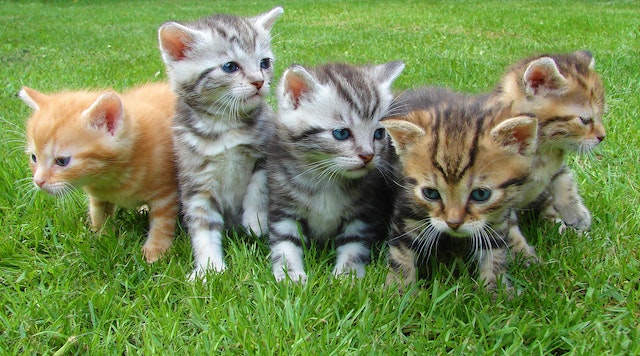Feline herpes is a fairly common viral infection caused by the feline herpes virus (FHV-1), which affects over 50 percent of cats. This type of herpes can be difficult to detect because the signs are not always obvious. Keep reading to learn more about the symptoms of cat eye herpes and how this condition is treated.
How do cats contract feline herpes?

Feline herpes virus, or FHV, is a type of herpes virus that can affect the eyes of cats. It is most commonly contracted during birth when the kitten passes through the infected birth canal. However, it can also be spread through contact with infected saliva, tears, or mucus.
Additionally, it can be spread through contact with objects or surfaces that have been infected with the virus. Feline herpes is most commonly spread through close contact with an infected cat, such as when sharing a litter box, food dish, or bed. It can also be spread to cats through exposure to infected wildlife, such as raccoons or skunks.
FHV can also cause feline viral rhinotracheitis
Hey welcome to my blog . I am a modern women who love to share any tips on lifestyle, health, travel. Hope you join me in this journey!

Speak Your Mind